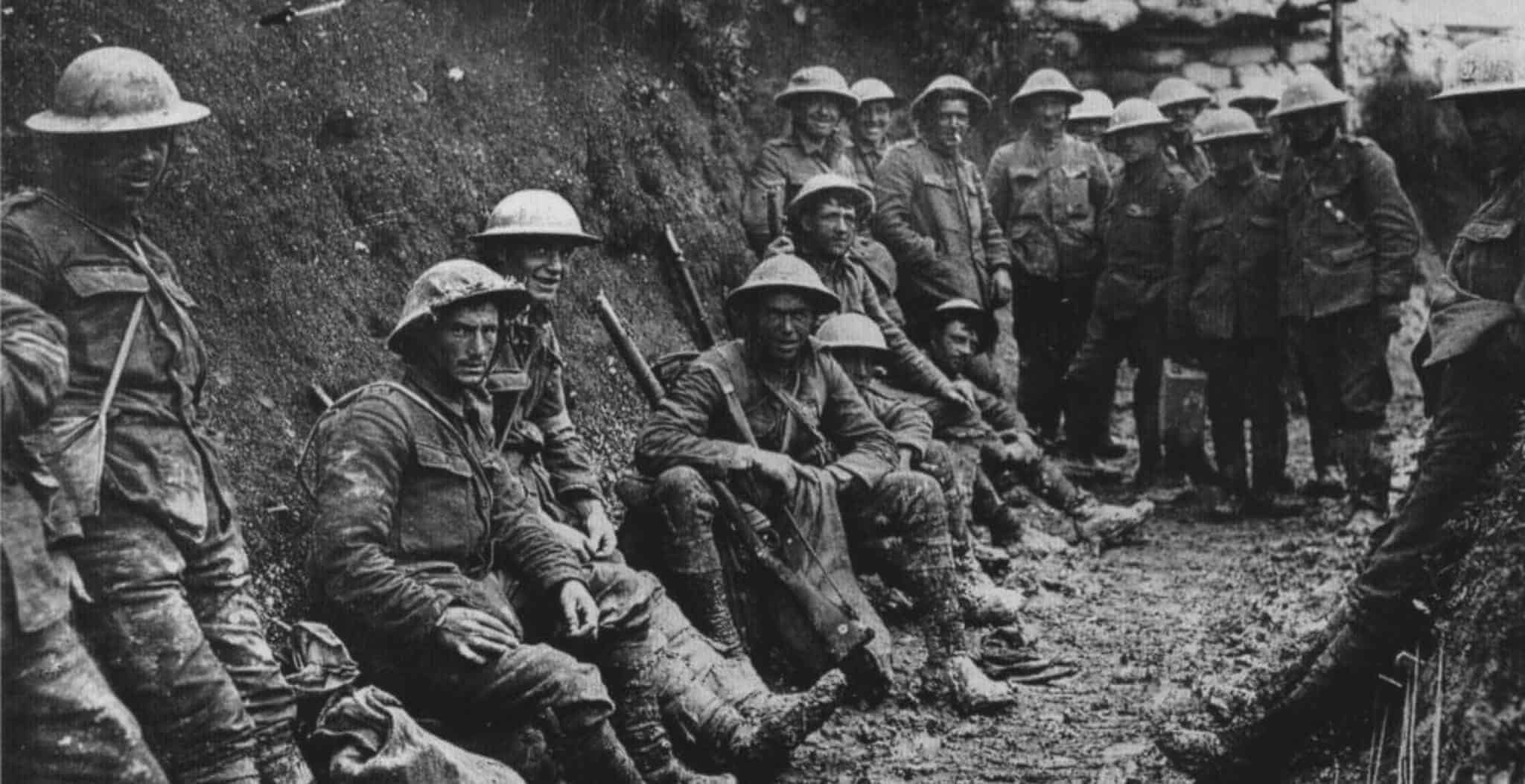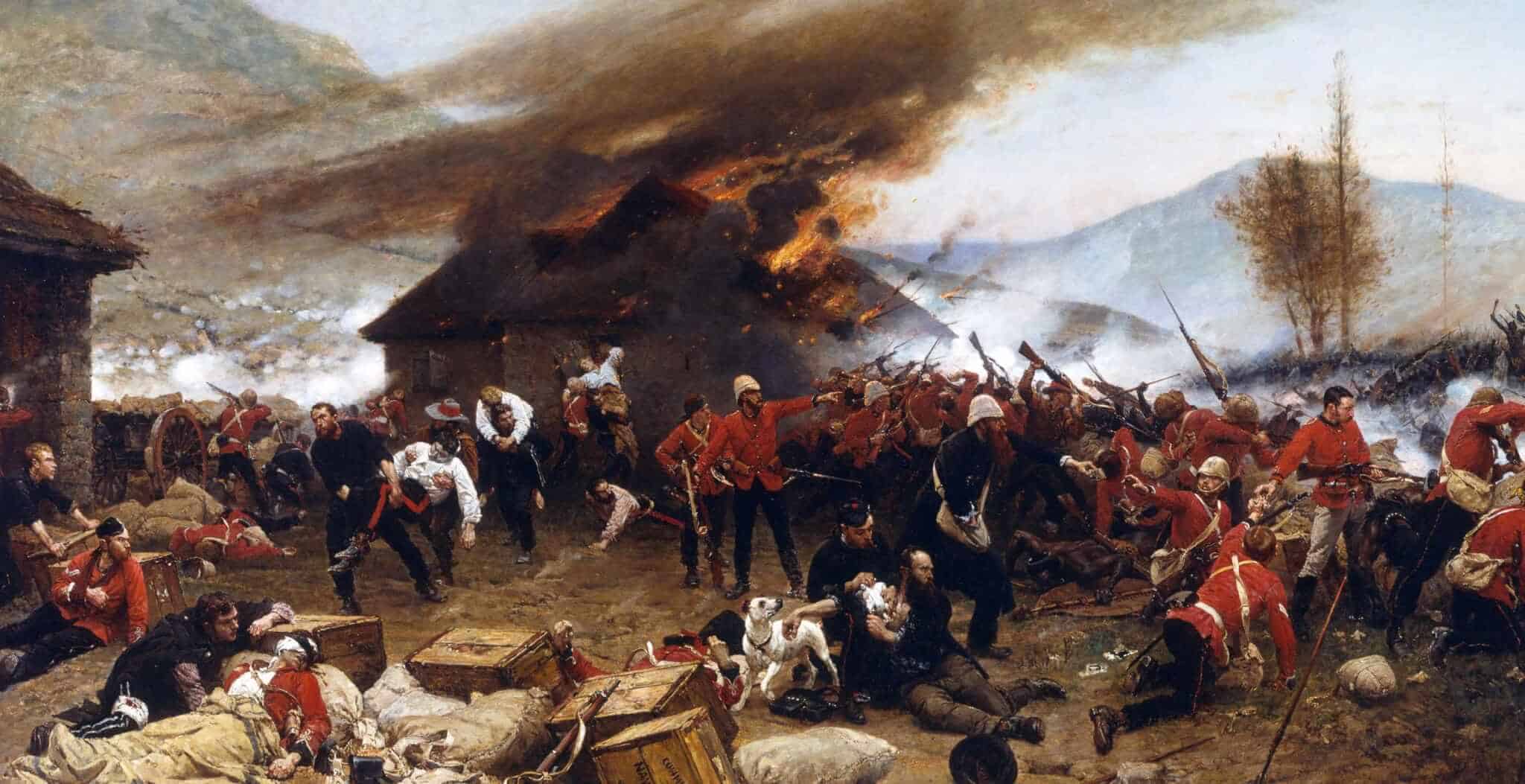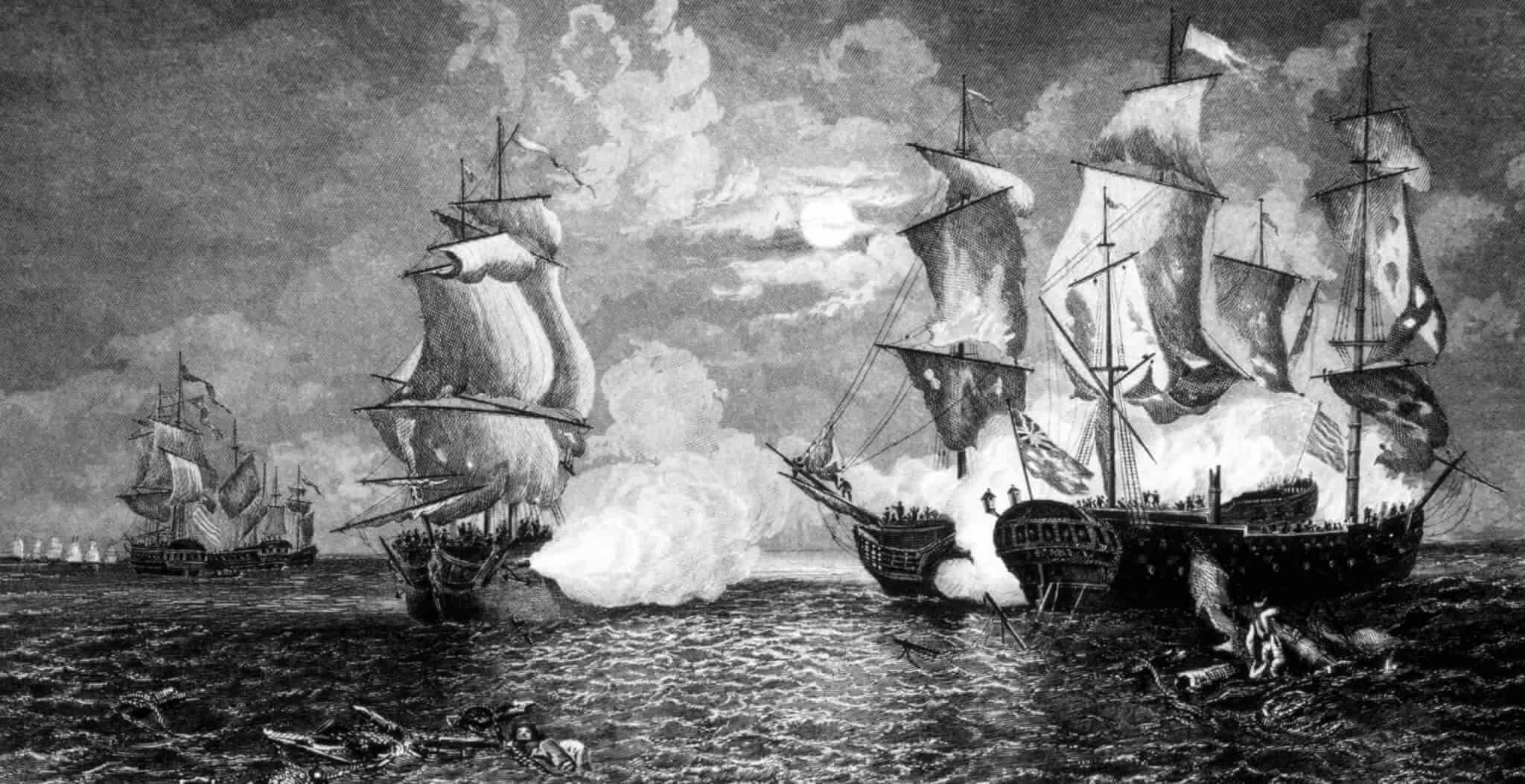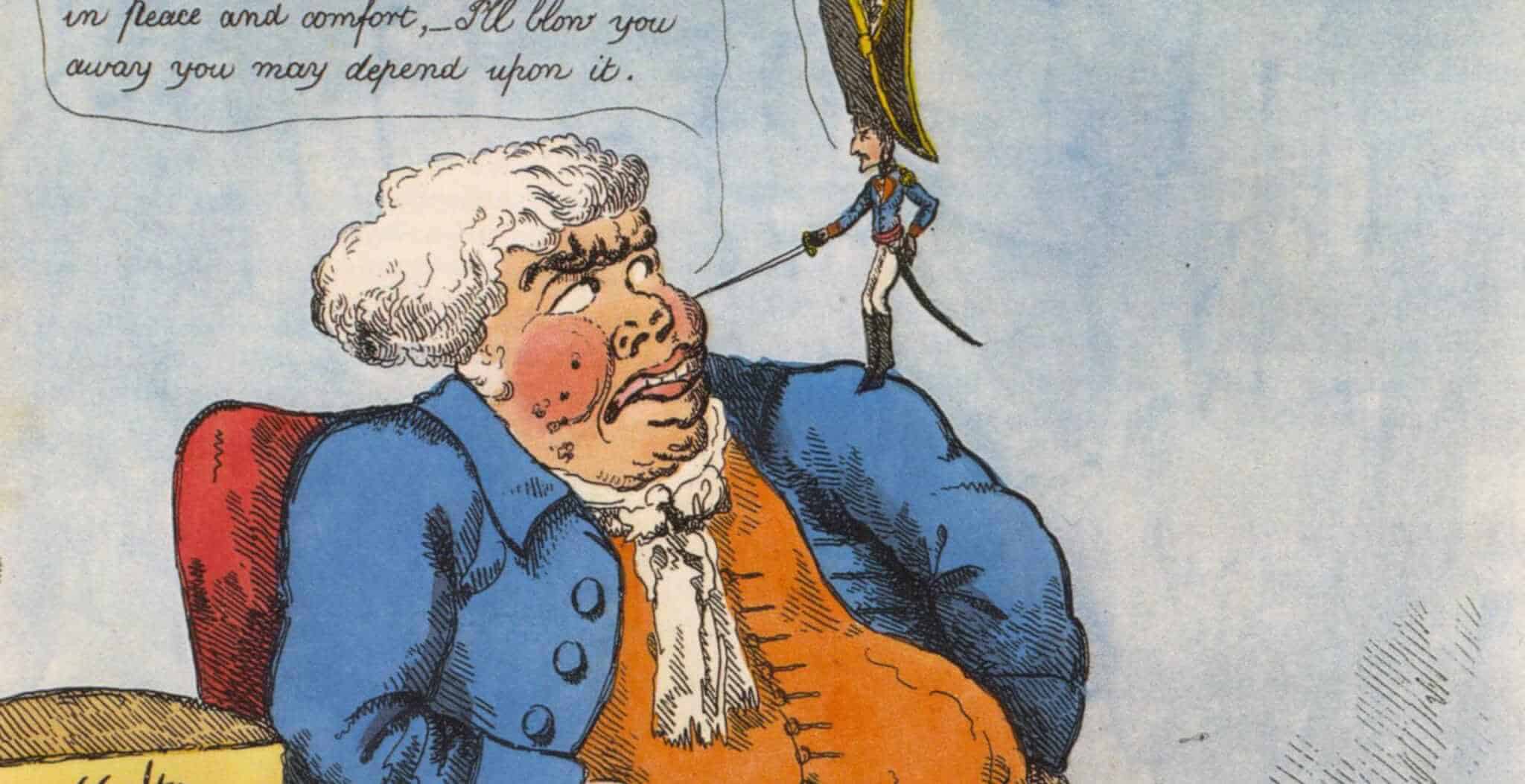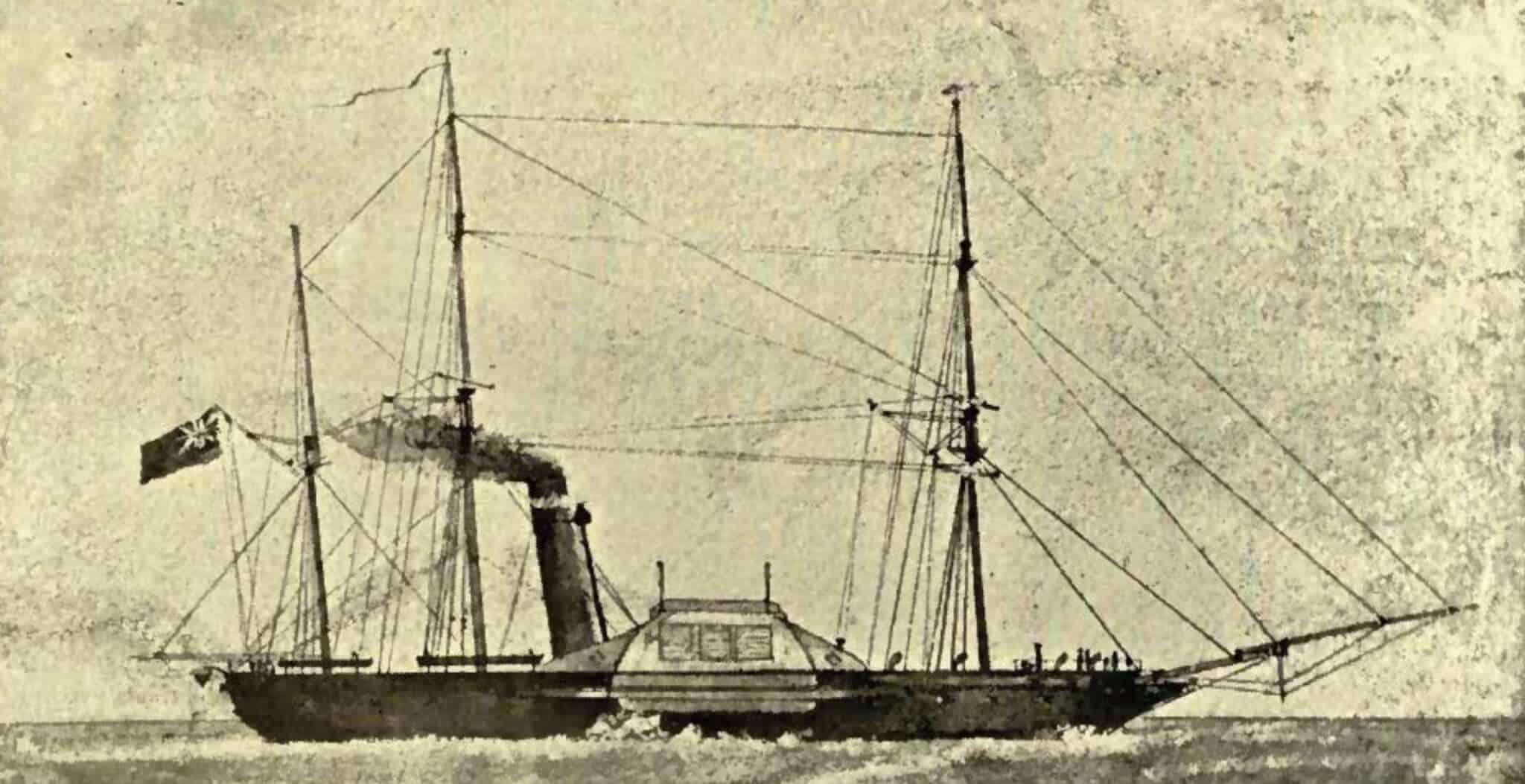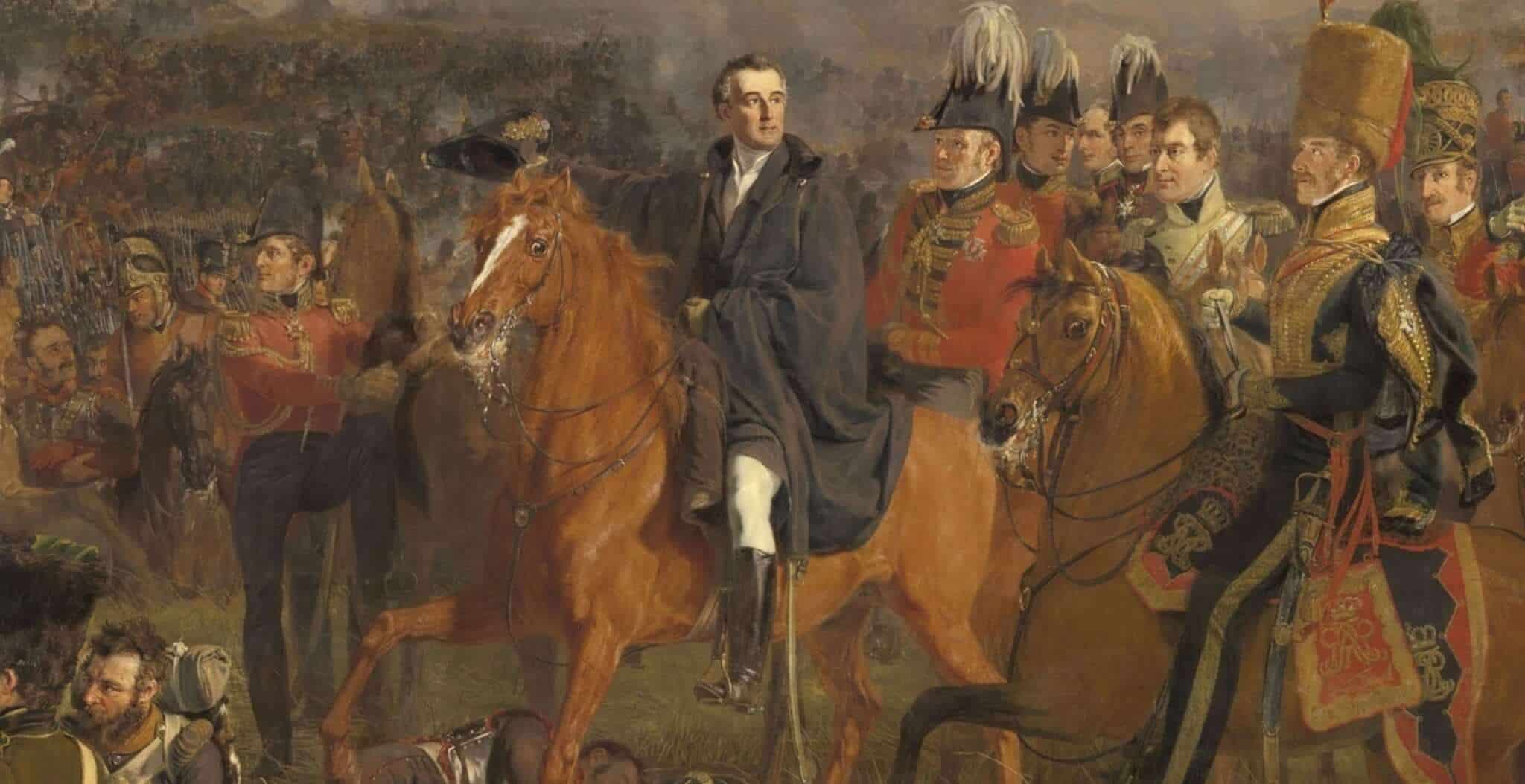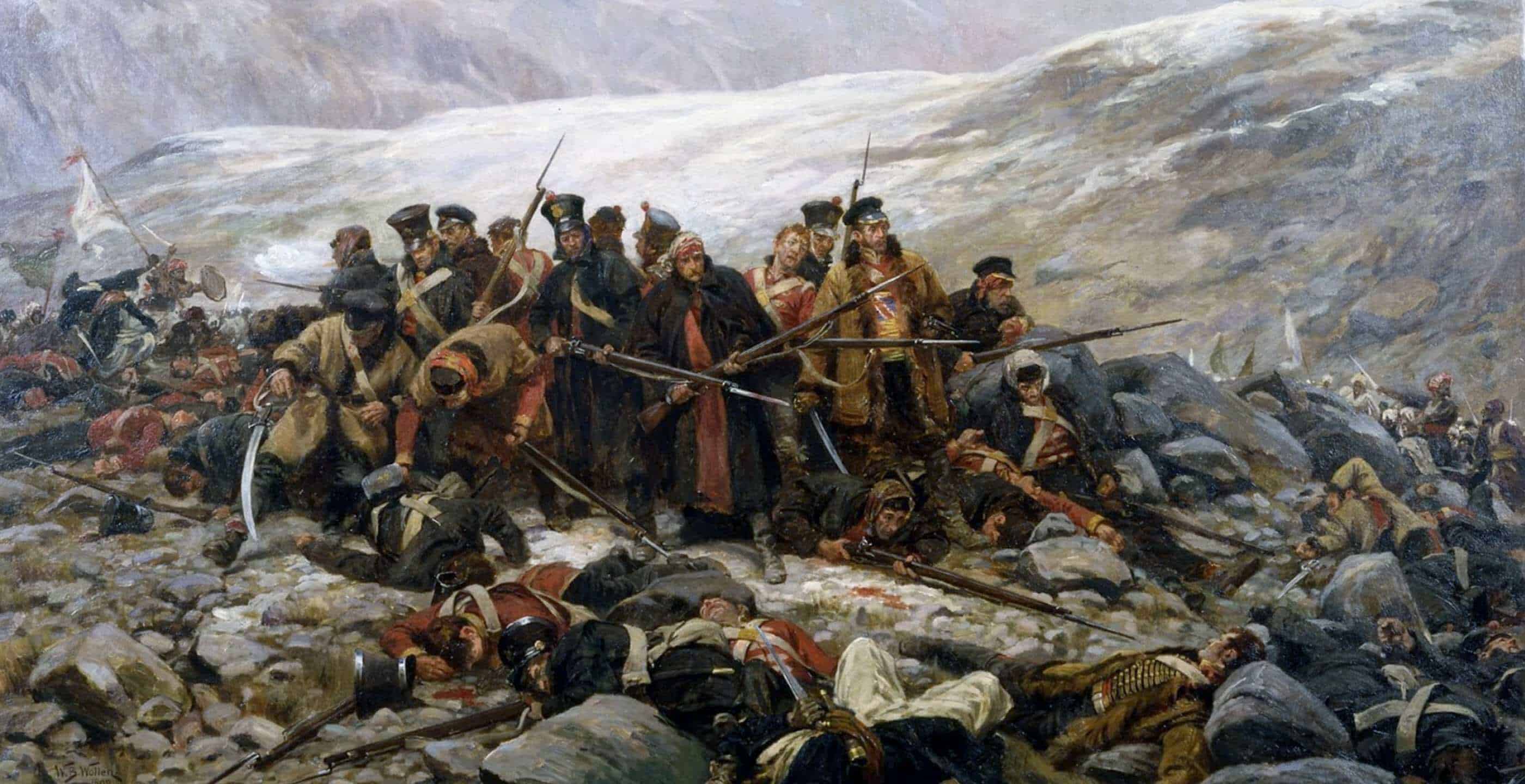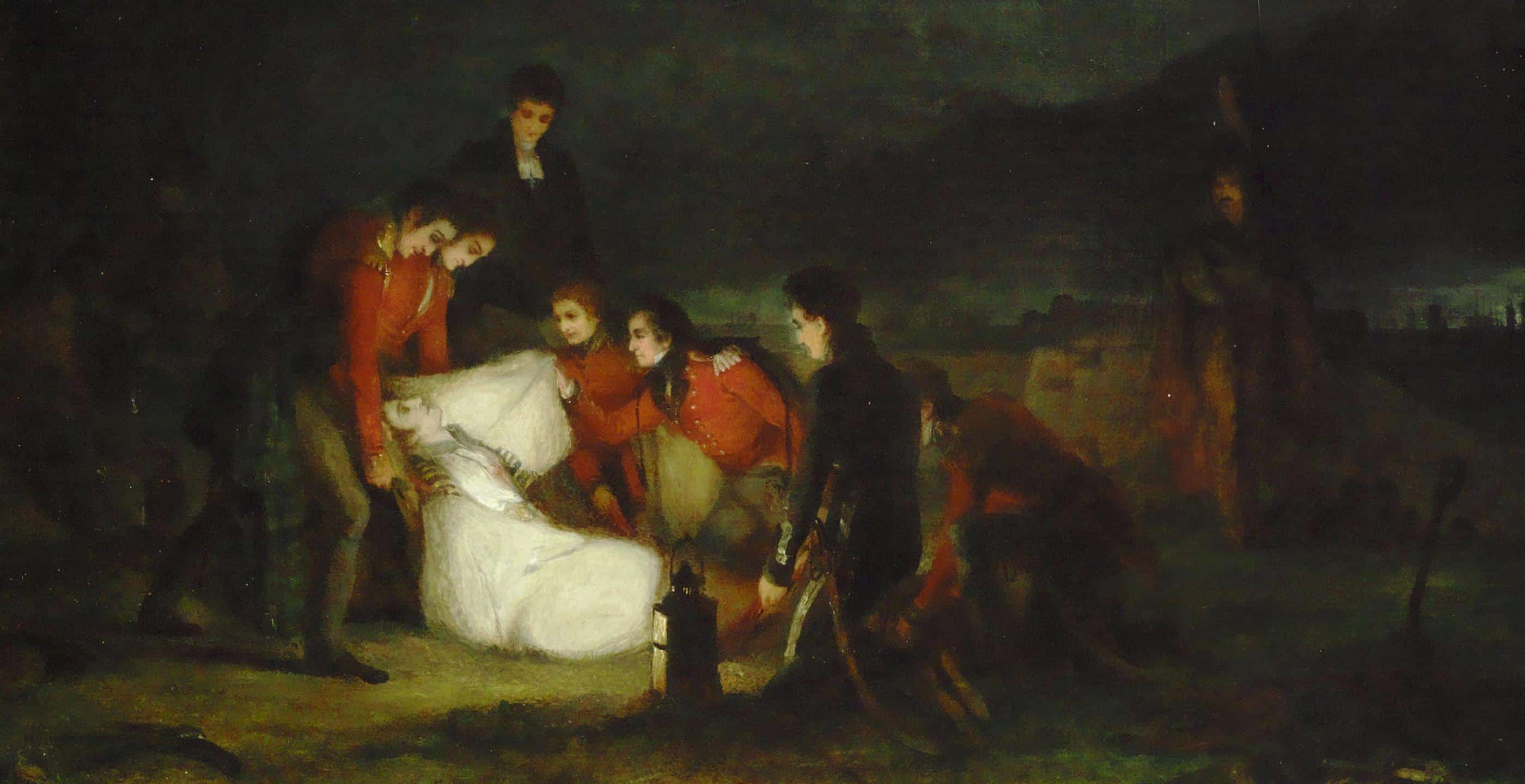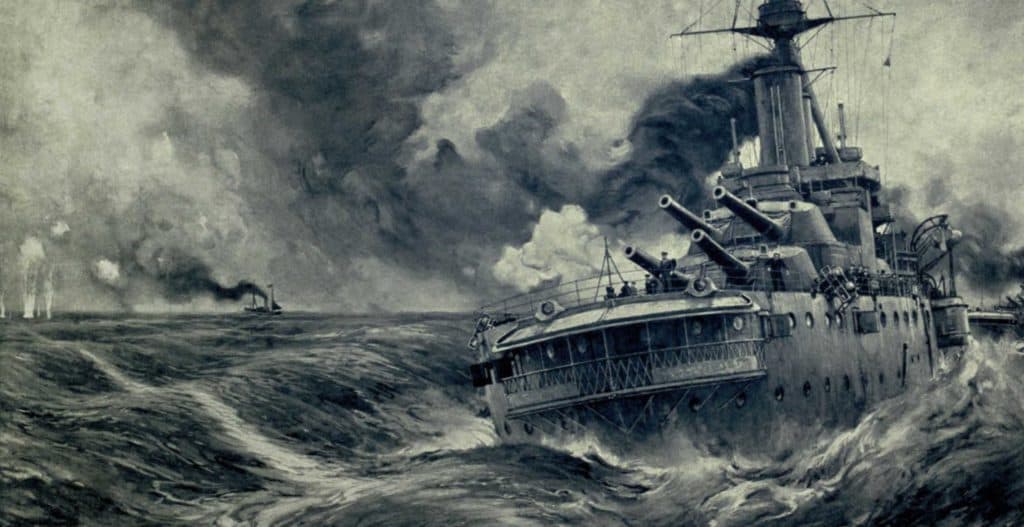It is 1794 in Flanders, at the height of the Battle of Boxtel. The Duke of Wellington is with his first command, the 33rd Regiment of Foot, who have been bloodily engaged in hand-to-hand fighting, when he comes across a soldier lying mortally wounded in the mud. It is Private Thomas Atkins. “It’s all right, sir, all in a day’s work,” the brave soldier says just before he dies.
It is now 1815 and the ‘Iron Duke’ is 46 years old. He has been approached by the War Office for a suggestion for a name that could be used to personify the brave British soldier, to be used as an example name in a publication to show how a ‘Soldier’s Pocket Book’ should be filled out. Thinking back to the Battle of Boxtel, The Duke suggests ‘Private Thomas Atkins’.
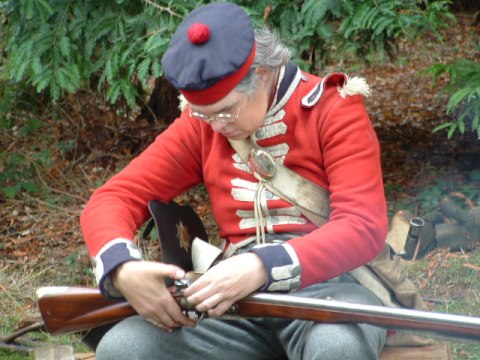
This is just one explanation* for the origin of the term ‘Tommy Atkins’, now used to refer to a common soldier in the British army.
The term was used quite widely, and indeed rather contemptuously, in the mid 19th century. Rudyard Kipling sums this up in his poem ‘Tommy’, one of his Barrack-Room Ballards (1892) in which Kipling contrasts the mean way in which the soldier was treated in peace time, with the way he was praised as soon as he was needed to defend or fight for his country. His poem “Tommy”, written from the soldier’s point of view, raised the public’s awareness of the need for a change of attitude towards the common soldier.
‘I went into a public-‘ouse to get a pint of beer, /The publican ‘e ups and sez, “We serve no red-coats here.” /The girls be’ind the bar they laughed an’ giggled fir to die, /I outs into the street again an’ to myself sez I: /O it’s Tommy this, an’ Tommy that, ‘a’ “Tommy, go away”; /But it’s “Thank you, Mister Atkins,” when the band begins to play – /The band begins to play, my boys, the band begins to play. /O it’s “Thank you, Mister Atkins,” when the band begins to play.
‘I went into a theatre as sober as could be, /They gave a drunk civilian room but ‘adn’t none for me; /They sent me to the gallery or round the music-‘alls, /But when it comes to fightin’, Lord! They’ll shove me in the stalls! /For it’s Tommy this, an’ Tommy that, an’ “Tommy, wait outside”; /But it’s “Special train for Atkins” when the trooper’s on the tide – /The troopship’s on the tide, my boys, the troopship’s on the tide, /O it’s “Special train for Atkins” when the trooper’s on the tide…’You talk o’ better food for us, an’ schools, an’ fires, an’ all, /We’ll wait for extry rations if you treat us rational. /Don’t mess about the cook-room slops, but prove it to our face /The Widow’s uniform is not the soldier-man’s disgrace. /For it’s Tommy this, an’ Tommy that, an’ “Chuck him out, the brute!” /But it’s “Saviour of ‘is country” when the guns begin to shoot; /An’ it’s Tommy this, an’ Tommy that, an’ anything you please; /An’ Tommy ain’t a bloomin’ fool – you bet that Tommy sees!’
Rudyard Kipling
Kipling helped to change the public’s attitude towards the common soldier in the late Victorian era. Nowadays the term ‘Tommy’ is more often associated with the soldiers of World War I and is used with affection and respect for their bravery and heroism, much as Wellington had in mind when he suggested the name back in 1815. Harry Patch, who died aged 111 in 2009, was known as the “Last Tommy” because he was the last surviving British soldier who fought in World War I.
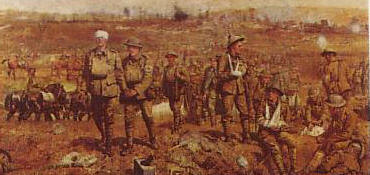
We will conclude this article with some immortal lines from perhaps the world’s best bad poet, the Bard of Dundee William McGonagall, who responded to what he saw as the disparaging tone of Kipling towards the British Tommy with his own poem from 1898, ‘Lines in Praise of Tommy Atkins’.
Unfortunately it appears that McGonagall may have misunderstood Kipling’s Barrack-Room Ballards completely: he seems to be defending the ‘Tommy’ against what he imagines is Kipling’s opinion of him – ‘a beggar’ – and has entirely missed the whole point of Kipling’s poems.
Lines in Praise of Tommy Atkins (1898)
Success to Tommy Atkins, he’s a very brave man,
And to deny it there’s few people can;
And to face his foreign foes he’s never afraid,
Therefore he’s not a beggar, as Rudyard Kipling has said.
No, he’s paid by our Government, and is worthy of his hire;
And from our shores in time of war he makes our foes retire,
He doesn’t need to beg; no, nothing so low;
No, he considers it more honourable to face a foreign foe.
No, he’s not a beggar, he’s a more useful man,
And, as Shakespeare has said, his life’s but a span;
And at the cannon’s mouth he seeks for reputation,
He doesn’t go from door to door seeking a donation.
Oh, think of Tommy Atkins when from home far away,
Lying on the battlefield, earth’s cold clay;
And a stone or his knapsack pillowing his head,
And his comrades lying near by him wounded and dead.
And while lying there, poor fellow, he thinks of his wife at home,
And his heart bleeds at the thought, and he does moan;
And down his cheek flows many a silent tear,
When he thinks of his friends and children dear.
Kind Christians, think of him when far, far away,
Fighting for his Queen and Country without dismay;
May God protect him wherever he goes,
And give him strength to conquer his foes.
To call a soldier a beggar is a very degrading name,
And in my opinion it’s a very great shame;
And the man that calls him a beggar is not the soldier’s friend,
And no sensible soldier should on him depend.
A soldier is a man that ought to be respected,
And by his country shouldn’t be neglected;
For he fights our foreign foes, and in danger of his life,
Leaving behind him his relatives and his dear wife.
Then hurrah for Tommy Atkins, he’s the people’s friend,
Because when foreign foes assail us he does us defend;
He is not a beggar, as Rudyard Kipling has said,
No, he doesn’t need to beg, he lives by his trade.
And in conclusion I will say,
Don’t forget his wife and children when he’s far away;
But try and help them all you can,
For remember Tommy Atkins is a very useful man.
William McGonagall
*Another version is that the origin of the term ‘Tommy Atkins’ can be traced back to as early as 1745 when a letter was sent from Jamaica concerning a mutiny amongst the troops in which it was mentioned that ‘Tommy Atkins behaved splendidly’.
Published: 31st December 2014.
